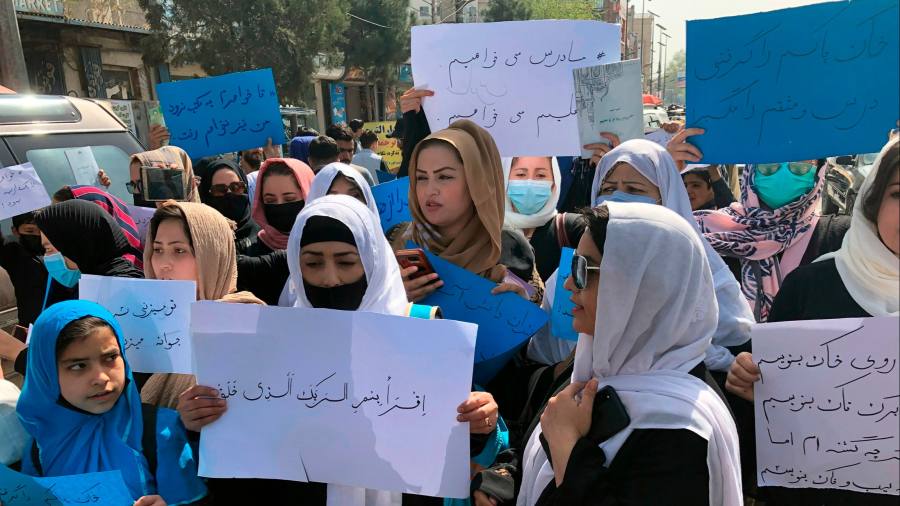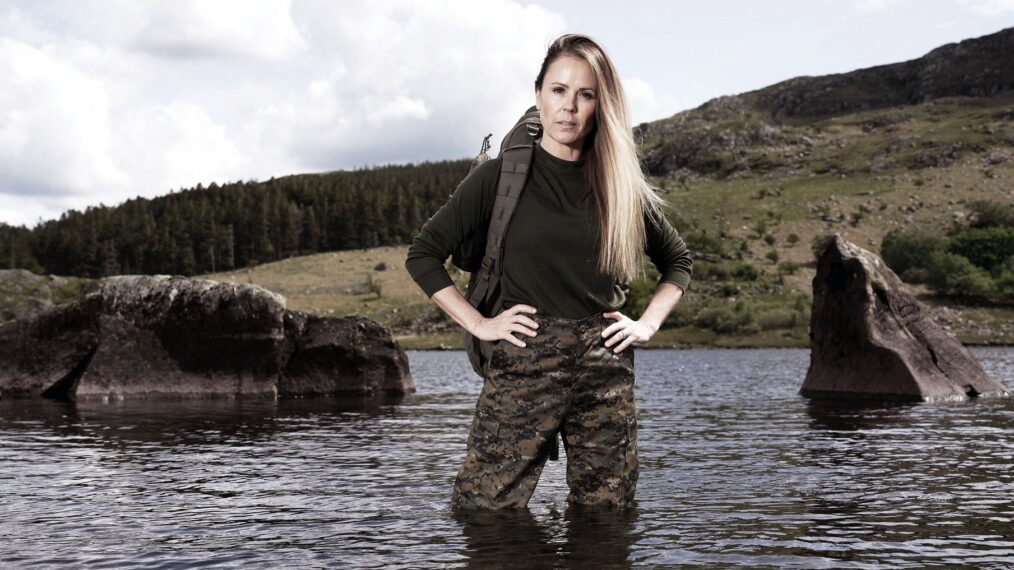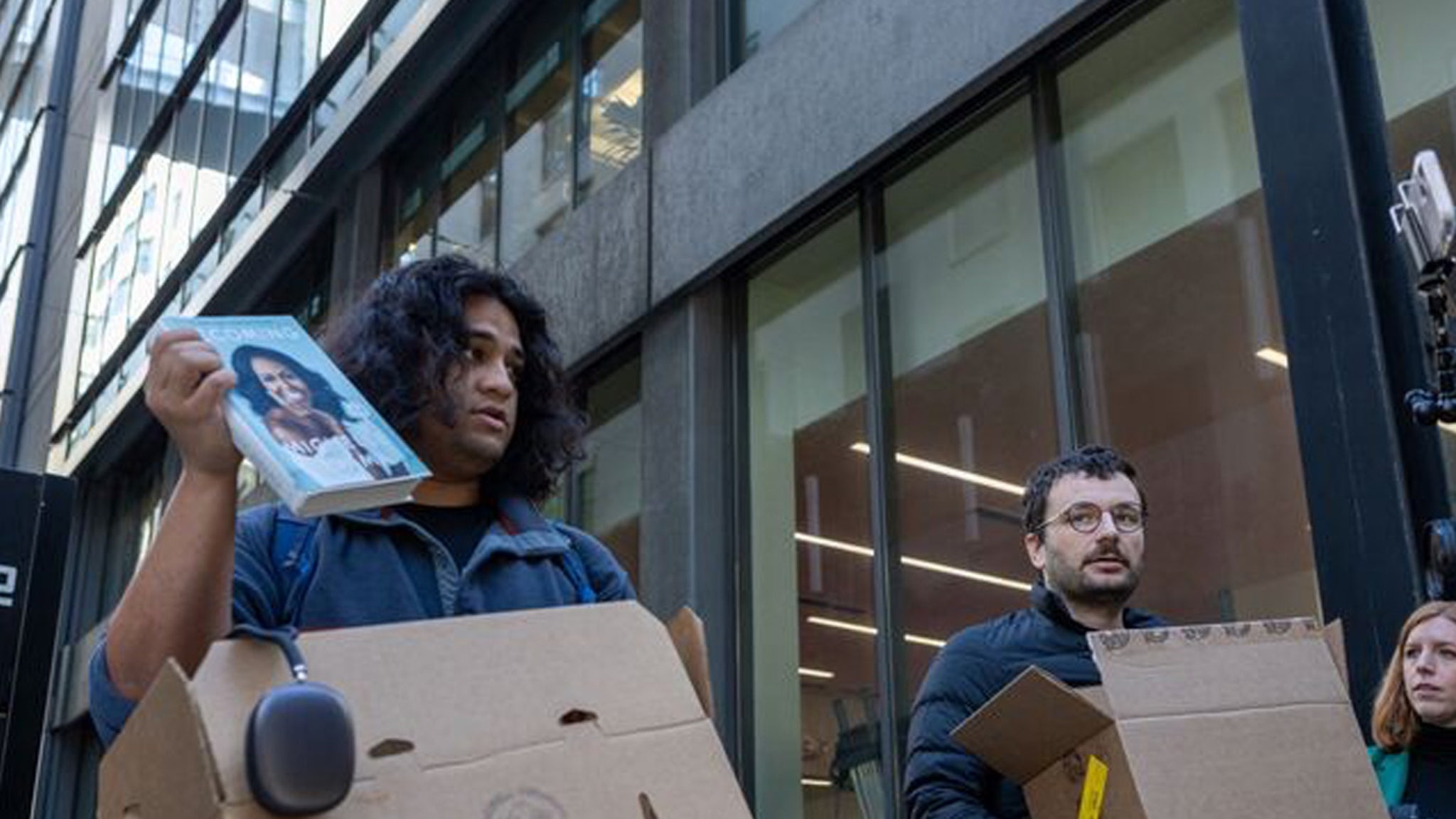The UN has warned that Afghanistan is approaching a “cliff edge” after the Taliban banned women from working with the international organisation in the country, threatening its ability to deliver aid amid a deepening humanitarian crisis.
The Taliban have imposed a systematic crackdown on women’s rights since taking power in Afghanistan nearly two years ago after the US withdrawal, turning their regime into one of the world’s most repressive.
The militant group, which fought a two-decade insurgency against the US, Nato and its local allies before seizing control in August 2021, has barred girls from school and decreed that women must cover their faces in public.
The Taliban said in December that women would no longer be able to work for non-governmental organisations, forcing many aid groups to scale back their activities in the country. This week, the Islamist group announced that Afghan women were no longer permitted to work for UN agencies.
The decision “inflicts yet another unthinkable and devastating blow against Afghan women”, said Ramiz Alakbarov, the UN’s humanitarian co-ordinator for Afghanistan. “It will further undermine humanitarian partners’ ability to support the population, especially the most vulnerable such as women and girls.”
Thousands of UN staff, including men, did not report for work in Afghanistan this week while the international organisation lobbies the Taliban regime to reverse the order.
Afghanistan’s economy has collapsed since the Taliban took power, which prompted the US and allies to impose sanctions and freeze much of the funding that had propped up the former civilian government.
The UN called the situation in Afghanistan “the world’s largest and most severe humanitarian crisis” with nearly 30mn people — almost three-quarters of the population — in need of assistance. Millions are struggling with acute hunger.
The international organisation added that Afghanistan was its lowest-funded operation in the world, having received just $213mn of a humanitarian appeal for $4.6bn.
“While we continue to engage with the Taliban de facto authorities to find a solution to these decrees, we urge the international community not to punish the Afghan people further by withholding critical funding,” Alakbarov said.
Aid groups have said that barring female workers makes it much harder to ensure that assistance reaches women and girls given the strict gender segregation enforced in many areas.
“The removal of skilled women aid workers decreases women and girls’ access to critical life-saving services, and it increases their risks when they have to seek assistance from men instead,” said Sima Bahous, executive director of UN Women.
The Taliban previously ruled Afghanistan in the 1990s before being ousted by a US-led invasion in 2001. During their previous regime, they maintained similarly draconian restrictions on women’s rights.
The Taliban sought to reassure the international community that they had moderated their most extreme policies immediately after coming to power in 2021, only to embark on a similar suppression on social, political and economic freedoms.
UN secretary-general António Guterres said this week that the prohibition “violates Afghanistan’s obligations under international human rights law, and infringes on the principle of non-discrimination”.


























































![Mason Ramsey – Twang [Official Music Video] Mason Ramsey – Twang [Official Music Video]](https://i.ytimg.com/vi/xwe8F_AhLY0/maxresdefault.jpg)





















